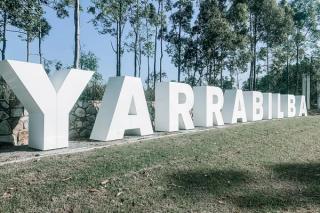
I-91 Viaduct study
- Client Name
- Massachusetts Department of Transportation
- Location
- Massachusetts, USA

Challenge
SLR was selected by MassDOT for this multifaceted transportation and planning study for Interstate 91 through Springfield, MA. The interstate, which is elevated over much of the downtown area, is undergoing major repairs to address the failing superstructure and will eventually have to be replaced.
Prior to this major investment, this study was designed to identify, develop, and evaluate alternatives for replacement of the 4,000-foot-long viaduct, including in-kind, at grade, and below-grade options.
While the study involved developing horizontal and vertical alignments and construction costs, a major focus was on the impacts and opportunities associated with the various alternatives considered.
The study limits extended well beyond downtown to include adjacent highways, abutting towns, and area transit services which would be largely impacted under any construction scenario. The design team updated and expanded upon the statewide travel demand model working closely with MassDOT and the Pioneer Valley Planning Commission.
Solution
The study included a significant data collection phase to understand traffic, neighbourhood, visual, environmental, health, utility, and socioeconomic constraints and identified opportunities for economic development, enhanced multi-modal connectivity, waterfront access, urban revitalisation, and enhanced quality of life for regional and local end-users.
Given the proximity of the Amtrak corridor and Union Station, both of which were undergoing major upgrades, the study analysed potential mode shifts as commuters gravitate toward mass transit alternatives.
Owing to the proximity to downtown Springfield and connecting bridge to West Springfield, the study considered economic health and quality of life advantages and disadvantages associated with the various alternatives evaluated.
All modes being considered, the study also takes into account bicycle and pedestrian mobility on surface streets and considers access to the river’s edge as a priority too. In light of the complexity of the project and magnitude of the scope, an extensive and well-planned public outreach and stakeholder involvement programme was an essential component in the project and involved more than a dozen public working group meetings.

